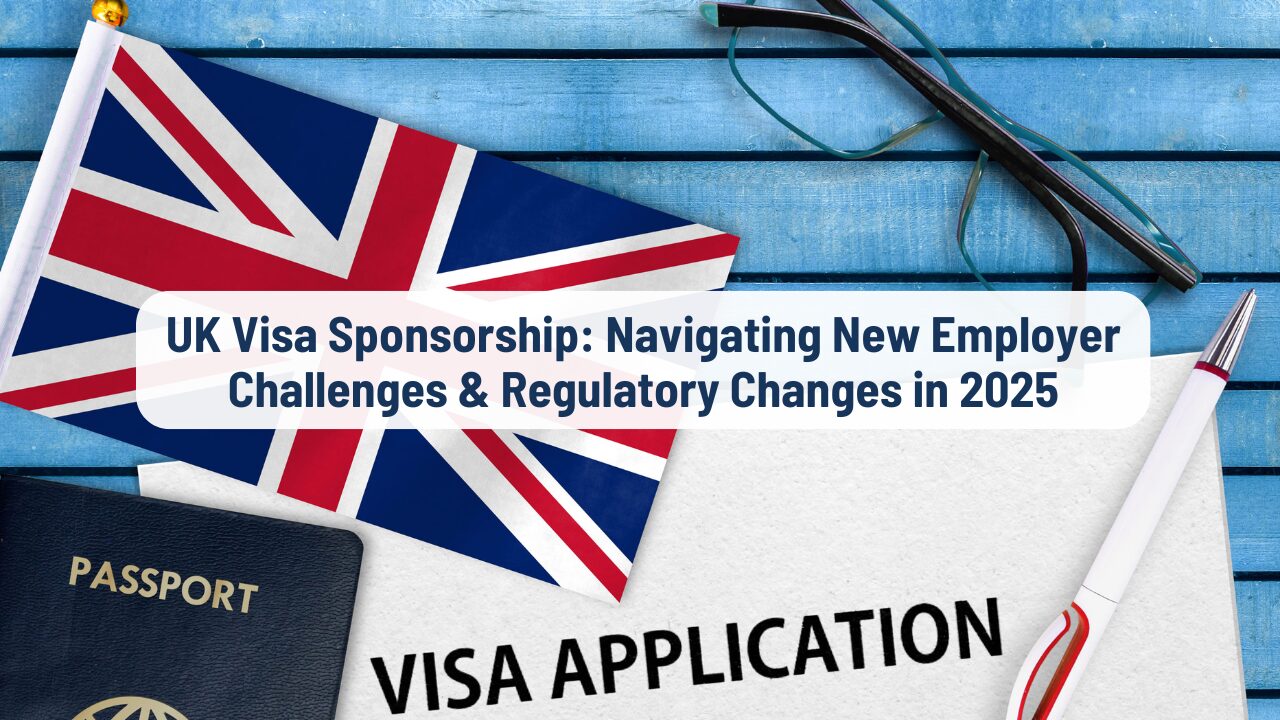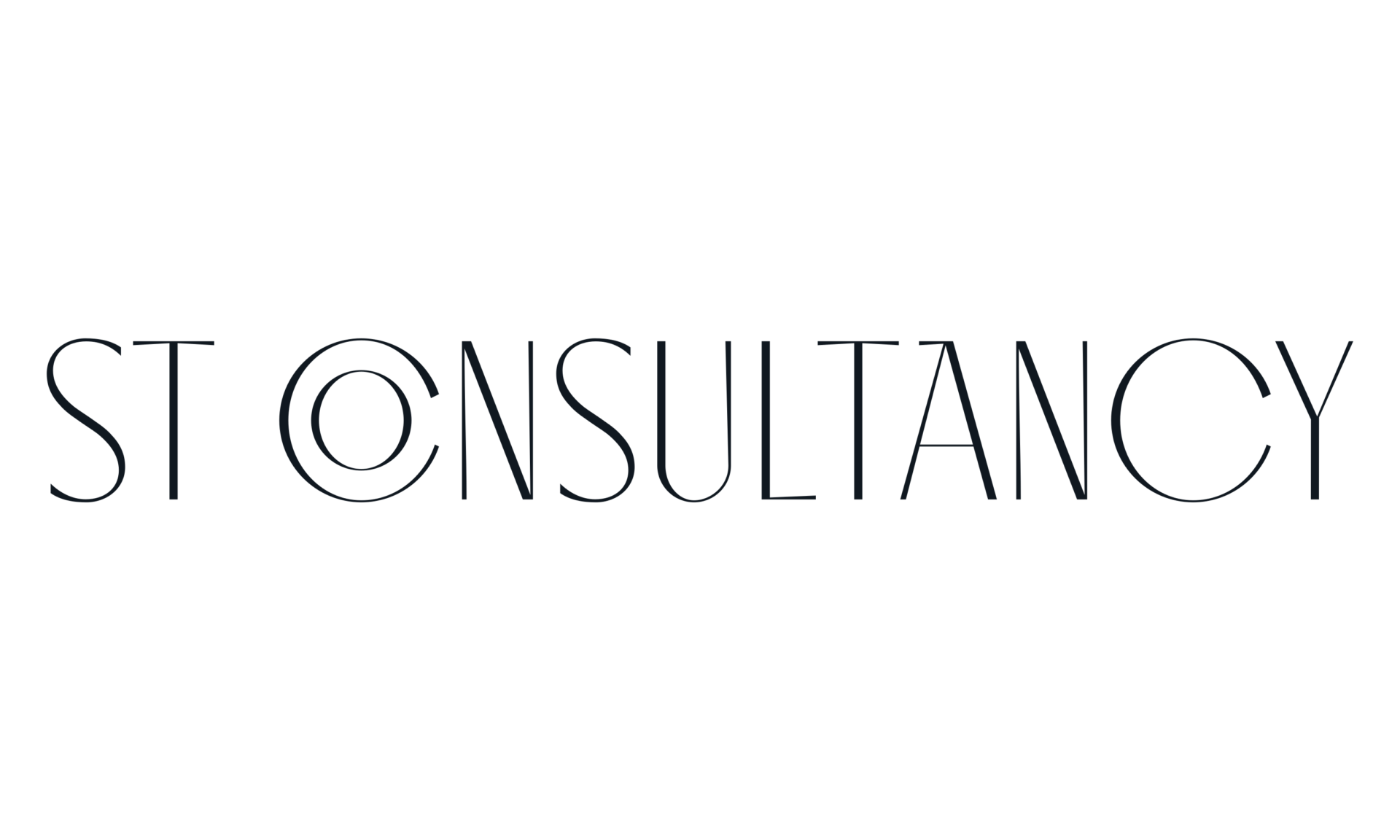
Introduction
In today’s rapidly evolving immigration landscape, UK Visa Sponsorship remains a vital tool for UK businesses looking to attract and retain top talent worldwide. With 2025 bringing fresh regulatory measures and increasing compliance requirements, employers face new challenges as they adjust their hiring processes. This article explores the recent sponsorship changes, examines the increased cost implications, and provides strategic guidance for businesses committed to legally employing international talent.
The Changing Face of UK Visa Sponsorship
Post-Brexit and after a global talent crunch, the UK government has implemented rigorous measures to ensure that sponsorship is granted only under strict conditions. Recent reforms have tightened the criteria for obtaining a sponsor licence, with enhanced due diligence procedures and more frequent audits. For businesses, securing a sponsor licence isn’t just about meeting paperwork requirements—it now involves a comprehensive demonstration of robust HR practices, transparent recruitment processes, and long-term compliance frameworks. The evolving landscape of UK Visa Sponsorship demands that employers invest in improved compliance training and proactive management of their sponsorship obligations.
New Regulatory Changes and Employer Responsibilities
Recent UK Visa Sponsorship system updates have introduced several significant regulatory changes. Employers must conduct more detailed “Right to Work” checks before hiring international staff, ensuring complete accountability for every sponsored employee. Additionally, new initiatives focus on preventing system misuse; this includes heightened monitoring of employee attendance and more stringent reporting of any changes in employment status. The responsibility for employers extends beyond the initial sponsorship approval—ongoing responsibilities include maintaining comprehensive records, immediately reporting any material changes to the Home Office, and ensuring that job roles and salary bands comply with updated immigration standards. These changes reflect a broader governmental effort to balance the needs of the labour market with national security and public accountability.
Cost Implications and Compliance Challenges
One of the significant shifts in the UK Visa Sponsorship framework concerns the financial responsibilities incurred by employers. The revised fee structures, including sponsor licence fees and the now-stricter Immigration Skills Charge, have contributed to increasing the operational costs of hiring international talent. Managing these expenses while ensuring compliance has become a significant challenge for many businesses. Moreover, delays in processing sponsorship applications can disrupt recruitment timelines, forcing companies to re-evaluate their hiring strategies. Employers must incorporate these additional costs into their budgets, invest in legal and HR consultancy, and ensure that their internal processes are robust enough to meet the new scrutiny levels.
Strategic Approaches for Successful Sponsorship
Forward-thinking businesses can turn these challenges into opportunities despite the increased regulatory burden. Developing an effective UK Visa Sponsorship strategy starts with a thorough audit of current recruitment practices and HR compliance policies. Employers should consider partnering with legal experts and immigration consultants who specialise in the sponsorship process; this ensures that any updates or nuanced changes are immediately implemented. Furthermore, companies can benefit from comprehensive training programs for HR teams, focusing on accurate recordkeeping, timely reporting to the Home Office, and enhanced communication with prospective international employees. By adopting these proactive measures, businesses can avoid costly penalties and secure a competitive edge in a global marketplace where talent is at a premium.
Looking to the Future
As 2025 unfolds, the UK Visa Sponsorship landscape will likely continue evolving. The government may introduce further measures to streamline the application process, reduce processing delays, and incentivise employers to invest in local talent development alongside international recruitment. For businesses, staying informed and adaptable will be key. Embracing technological solutions such as digital recordkeeping and automated compliance checks can help smooth out the more challenging aspects of the sponsor licence process. While the road ahead presents regulatory complexities, a well-prepared and agile approach will empower employers to navigate these changes successfully.
Conclusion
The renewed focus on UK Visa Sponsorship in 2025 underscores a broader commitment by the UK government to ensure ethical, transparent, and effective hiring of international talent. For employers, the emerging challenges—from increased financial burdens to stricter compliance requirements—are balanced by the opportunity to access a skilled global workforce. By understanding the latest regulatory updates and implementing strategic, forward-thinking solutions, UK businesses can maintain hiring success while contributing to a robust, competitive economy.
For Legal and Business Solution, visit: ST Consultancy
Follow Us:
Facebook – https://www.facebook.com/profile.php?id=61564973949911
Instagram – https://www.instagram.com/stconsultancy_stc/
Twitter – https://x.com/st_stc43927
LinkedIn – https://www.linkedin.com/company/st-consultancy-ltd, Dr. Erika Szita-Szegedi, Manmeet Abroll

